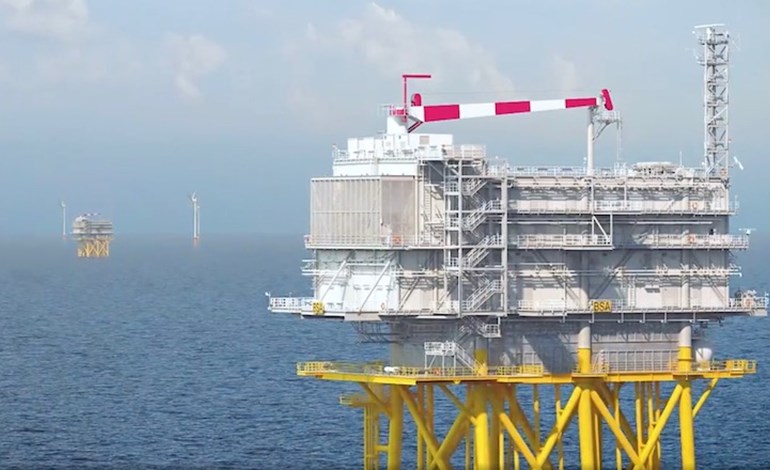Wind farms in the German and Dutch North Sea collectively produced more than 30 terawatt-hours (TWh) of power, as reported by Dutch grid operator TenneT. The data reveals that in 2023, 19.24 TWh of wind energy from the region were transmitted to the German grid, while an additional 11.54 TWh entered the Netherlands.
The Dutch figure marks a notable increase compared to 2022, rising from 7.91 TWh to 11.54 TWh. This surge is attributed to the commissioning of the new Hollandse Kust (noord) offshore grid connection system by TenneT and the corresponding expansion of offshore wind farms in 2023.
TenneT’s transmission capacity in the Dutch North Sea rose to 4,666 MW. In the same period, onshore wind energy capacity in the Netherlands reached 6,854 MW, generating 7.96 TWh of wind energy—an increase from 2022’s 5.14 TWh.
In Germany, the annual wind energy result for 2023 was approximately 9% lower than the previous year, totaling 21.13 TWh. However, due to a simultaneous significant increase in onshore wind power generation, Germany’s overall result in 2023 reached 148.97 TWh, up from 122.79 TWh in 2022.
The share of North Sea electricity in Germany in 2023, at around 13%, decreased by about four percentage points compared to the previous year’s 17.2%. TenneT’s offshore transmission capacity in the German North Sea increased to 8,032 MW following the completion of the 13th offshore grid connection, DolWin6, in September 2023.
TenneT COO Tim Meyerjurgens commented on the progress of offshore grid expansion in the Netherlands and Germany. However, he also highlighted challenges, stating, “Nevertheless, the many lost years are now having an increasing impact on the ‘wind yield’ in the German North Sea. Due to the still numerous congestions in the onshore electricity grid, the large wind farms in the North Sea have to be shut down more and more frequently because there are hardly any large conventional power plants in the north that could be throttled instead. As a result, the associated redispatch slows down the generation of offshore wind power. This not only affects the amount of electricity fed into the grid but also impacts its price development. This shows that Germany must continue to accelerate the expansion of the grid and the major electricity highways so that the potential of the North Sea as a wind power plant for Germany and Europe can be utilized efficiently as soon as possible.”

